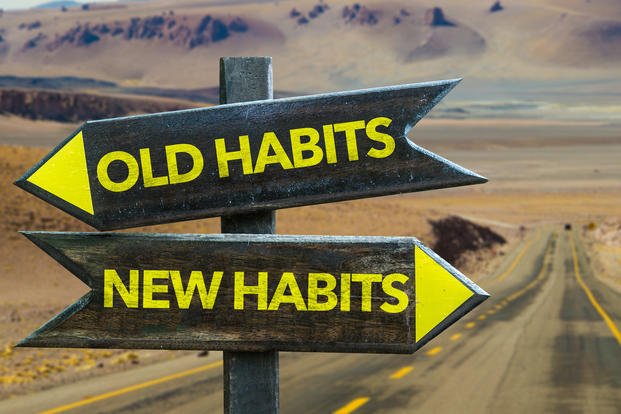I'm a big fan of Gretchen Rubin's books.
I love her intelligent, practical approach to daily challenges. Her book The Happiness Project both entertained and helped me to discover small ways to make my own life better.
Her book Happier at Home has been especially useful in helping me negotiate reintegration times with my husband after deployments. I wrote about that here.
I even got to write for Rubin's blog once. So when she emailed me to offer a copy of her newest book, Better Than Before: Mastering the Habits of Our Everyday Lives, I eagerly accepted.
Also?
Habits. I definitely need help with habits.
(Like procrastination, which is the reason I've been meaning to write about this since November.)
I'm sure she didn't write this Habits book with Must-Have Parents in mind, but there's so much in it that applies to us. By definition, we're busy, overcommitted and overstressed people, and that means we tend to do things simply out of habit -- without thinking, just because.
Whether it's the way we make our morning coffee, the structure of our days and weeks or how we handle the numerous parenting, work and social situations that arise. Habits are everything -- which is all the more reason to make sure our habits are good.
As Must-Have Parents, we also often find ourselves trying to be two people, so we rely especially on habits. For example, I am so much in the habit of making the bed the very first thing in the morning that my whole day feels off if I don't do it.
But I'm also so much in the habit of having a glass of wine at the end of the workday that skipping that pleasure leaves me far crankier than it should. She explores habits like these in the book, and even makes some practical suggestions about which ones to keep and which ones to change, as well as how to change those that should go.
(Hint: One glass of wine isn't necessarily a bad habit.)
There are 300 pages of interesting and useful information in the book. I could seriously write a column about every single chapter, so I won't try to condense the whole book here.
For us to expect to create good habits and eliminate bad ones, Rubin explains that we first have to understand why we have the good or bad habits that we already have. She writes, "To shape our habits successfully, we must know ourselves."
And -- fascinatingly -- the book contains a means for doing that. After much study and analysis, she explains that four distinct personality types emerged and that most people fit primarily into one of these types, which she calls the Four Tendencies.
- Upholders respond to both outer expectations and inner expectations.
- Questioners question all expectations, and will meet an expectation only if they believe it's justified.
- Obligers respond readily to outer expectations but struggle to meet inner expectations.
- Rebels resist all expectations, inner and outer alike.
I highly recommend taking the quiz here to find out which Tendency is yours.
As I continued to read her descriptions of the Tendencies, I got more and more excited. It was all too clear that I was a Questioner (which I confirmed when I took the online quiz). I was thoroughly sold when she explained in the book that waiting in line is especially difficult for Questioners. I've been doing all my Christmas shopping online for years now precisely because I get so irritated when I have to wait in line. This is also why DisneyWorld is such exquisite torture for me.
But, reading the book, I kept thinking that my husband really sounded like a Rebel, which seemed impossible because he's a career soldier. And isn't meeting expectations one of the most central aspects of military life? I wondered if maybe there was a flaw in her system, which would mean that the Four Tendencies wasn't an effective method after all.
(This line of thinking, by the way, only further confirms that I'm a Questioner.)
So, before I even finished reading the chapter on the Four Tendencies, I drafted an email to Rubin to tell her that I thought her criteria was flawed because there was no way a career soldier could fit a tendency description that "resists all expectations."
Fortunately, I didn't hit send.
A few pages further in the book she writes, "Rebels tend to gravitate to institutions with many rules. You'd probably find more rebels in the military than you'd expect."
As a human who is constantly trying to improve, and one with a spouse to harmonize with and children to raise, I found a lot of wisdom and insight in her words.
She writes, "If we're trying to persuade people to adopt a habit, we have more success if we consider their Tendency."
Keep Up with the Ins and Outs of Military Life
For the latest military news and tips on military family benefits and more, subscribe to Military.com and have the information you need delivered directly to your inbox.

















